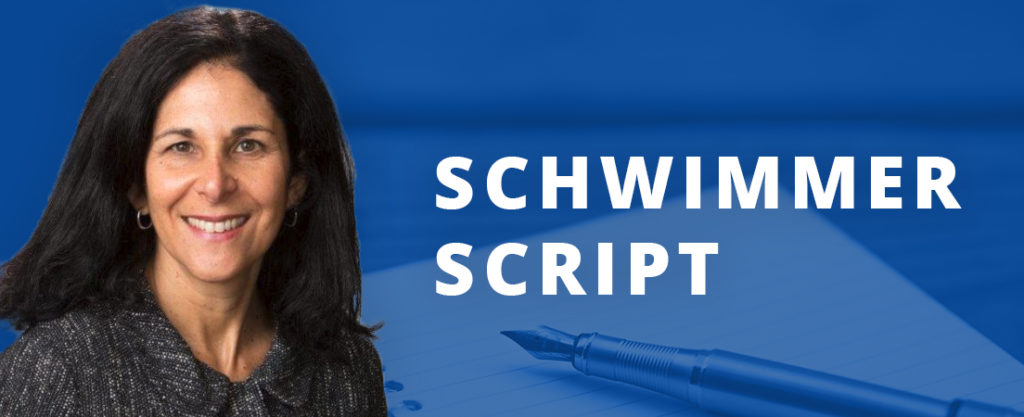We all need to care for both our physical and mental health. Unfortunately, our health care system puts up payment, licensing, and other regulatory barriers to delivering and receiving whole person care. Many of these barriers are rooted in the destructive stigma that still surrounds mental health. These barriers lead to fragmented care and poorer outcomes for patients. They also reduce the supply of mental health providers, which harms us all.
The time for change is now. Our Spring Conference on May 17 will focus on this topic: Breaking Down the Barriers to Integrating Primary and Mental Health Care. Experts will guide us through the policy and payment issues that hinder integration in New Jersey. We’ll feature payers, providers and employers that are offering integrated models of care and discuss how these models could be scaled and supported in New Jersey. There will be opportunities for attendees to ask questions and share their thoughts.
The conference will set out a roadmap for concrete policy and payment changes needed to integrate primary and mental health care in our state. We hope it will catalyze action on changes including integrated licenses to deliver and bill for primary and mental health care in one common setting, which many of our members have been calling for over the years.
It was only in 2019 that the New Jersey Department of Health provided guidance clarifying that a single entity licensed to provide both mental health services and substance use disorder services was permitted to share clinical space. The mindset of separating mental health and primary care runs deep, and the legacy of that approach lingers in our regulations today, with separate licenses required for physical health entities and mental health entities. We need a single integrated license to reduce the regulatory burden for integrated practices and to ease access to integrated services.
We also need to improve the ability for integrated behavioral health services to be billed and reimbursed. Here’s an example of what is not currently working well: Licensed Clinical Social Workers (LCSW) can provide services through a physician’s office, but if that office is a private practice, the LCSW cannot bill Medicaid for those services. This is because LCSWs are not an independently billable provider through NJ Medicaid. That limits primary care practitioners and mental health professionals from working together to help their patients.
As we focus on this critical issue, I urge you to read our Take Five in this newsletter with Tara Chalakani, PsyD, CEO of Preferred Behavioral Health Group. Dr. Chalakani talks about her organization’s commitment to whole person health care. If you support the need to better integrate primary and mental health care, join this conversation.

